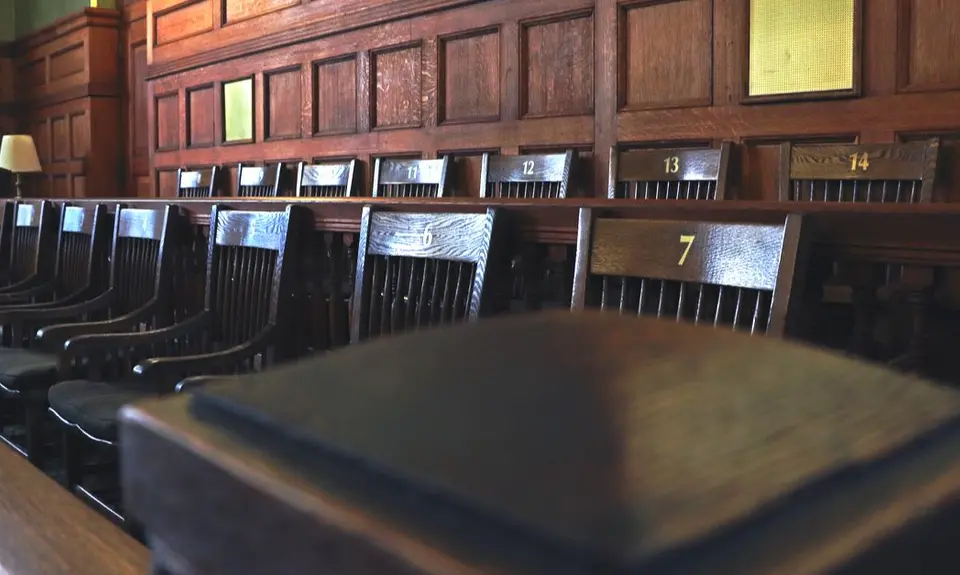“Confirmed Judges, Confirmed Fears” is a blog series documenting the harmful impact of President Trump’s judges on Americans’ rights and liberties. Cases in the series can be found by issue and by judge at this link.
Trump Eighth Circuit judges Jonathan Kobes and Ralph Erickson affirmed a decision to dismiss without trial the complaint of an auto worker who contended he was illegally fired in retaliation for reporting safety problems and defects at the manufacturing plant where he worked, despite a dissent by a George W Bush nominee. The October 2020 decision was in Barcomb v General Motors LLC.
For several years, Richard Barcomb worked at a Missouri General Motors (GM) plant in its Final Process Repair Department, which makes any needed repairs towards the end of the vehicle manufacturing process and certifies their completion. Beginning in 2015, Barcomb became concerned that some of his co-workers were “falsely marking repairs complete,” including repairs relating to safety. He reported these defects and problems via the GM safety hotline as well as to his supervisor and shift leaders and the general assembly area manager.
In May 2016, GM fired Barcomb, claiming that he had made a threatening comment during a disciplinary review, which Barcomb denied. Barcomb contended he was fired in retaliation for reporting the safety problems, and filed suit under the Moving Ahead for Progress in the 21st Century Act (MAP-21) which, among other things, prohibits vehicle manufacturers from discharging an employee for reporting “information relating to any motor vehicle defect, noncompliance, or any violation or alleged violation of any notification or reporting requirement.” The trial court dismissed the case on summary judgment, however, ruling that the law covers whistleblowing only with respect to defects in a “completed motor vehicle,” not defects during the manufacturing process. Barcourt appealed.
In an opinion by Trump judge Kobes that was joined by Trump judge Erickson, the Eighth Circuit affirmed. The majority agreed with the lower court’s interpretation of MAP-21, claiming that the law covers only whistleblowing concerning a completed “motor vehicle defect” and not “problems with a process” for making repairs before manufacture is complete.
Judge Michael Melloy, who was nominated by President George W. Bush, strongly dissented. He pointed out that the law covers whistleblowing “relating to” any motor vehicle defect, a term that the courts have ruled has a “broad plain meaning.” In this case, Melloy continued, Barcomb provided information about incomplete repairs at a late stage in the manufacturing process, which “necessarily stands in some relation to motor vehicle defects.” The majority’s narrower interpretation, Melloy explained, contradicts not only the statutory language but also Congress’ clear “intent to broadly protect whistleblowing activity” that can help reduce “traffic accidents and deaths and injuries” caused by defective motor vehicles. Melloy would have sent the case back to the lower court to determine if there was a factual issue as to the cause of Barcomb’s discharge and, if so, give him a chance to present his case to a jury.
As a result of the ruling by Trump judges Kobes and Erickson, however, Barcomb will not even have a chance to prove his claims that he was fired for whistleblowing about safety defects. The result also threatens to limit the scope of this important law for other workers.
